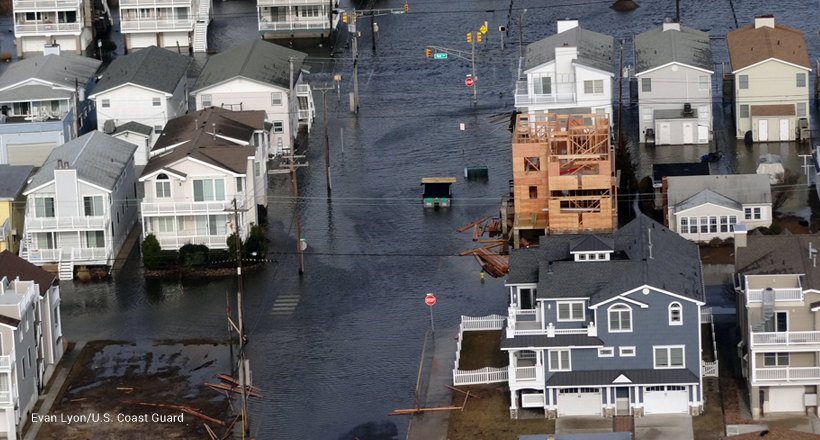
Report
NJ Sea Level Rise Reports
In 2016 Rutgers University convened a New Jersey Science and Technical Advisory Panel (STAP) on Sea Level Rise and Changing Coastal Storms on behalf of the New Jersey Climate Change Alliance to synthesize for practitioners the most recent climate science needed to inform efforts to increase the resilience of New Jersey’s people, places, and assets (including infrastructure, communities and natural resources) to regional sea-level rise (SLR), changing coastal storms and the resulting flood risk.
In 2019 Rutgers University re-convened the Panel on behalf of the State of New Jersey Department of Environmental Protection to update the 2016 report.
The 2019 and 2016 reports are found below. Also provided are “Frequently Asked Questions regarding the New Jersey Science and Technical Advisory Panel (STAP) Study.”
2019
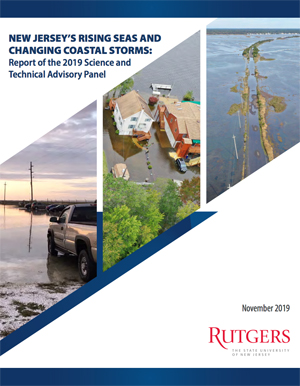
New Jersey’s Rising Seas and Changing Coastal Storms: Report of the 2019 Science and Technical Advisory Panel
FULL REPORT
November 2019
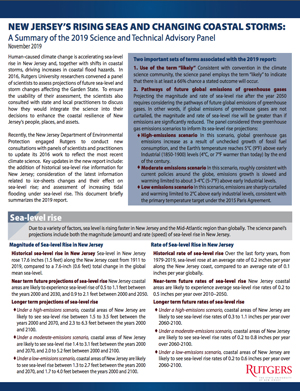
New Jersey’s Rising Seas and Changing Coastal Storms: A Summary of the 2019 Science and Technical Advisory Panel
SUMMARY
November 2019
A handy summary of the 2019 report of the New Jersey Science and Technical Advisory Panel on Sea Level Rise and Coastal Storms.
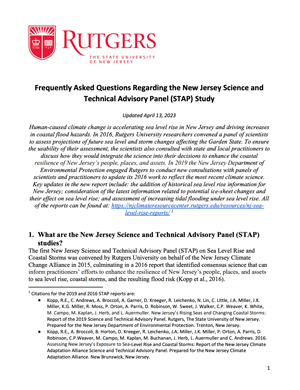
Frequently Asked Questions regarding the New Jersey Science and Technical Advisory Panel (STAP) Study
2016
Assessing New Jersey’s Exposure to Sea-Level Rise and Coastal Storms: Report of the New Jersey Climate Adaptation Alliance Science and Technical Advisory Panel
FULL REPORT
October 2016
Full report of the 2016 New Jersey Science and Technical Advisory Panel on Sea-Level Rise and Coastal Storms.
Assessing New Jersey’s Exposure to Sea-Level Rise and Coastal Storms: A Companion Report to the New Jersey Climate Adaptation Alliance Science and Technical Advisory Panel Report
COMPANION REPORT
October 2016
A description of how coastal hazard data and coastal climate change impacts were addressed in New Jersey as of 2016.
Integrating Science into Coastal Resilience Planning and Decision Making
SUMMARY
October 2016
A high level summary of the two 2016 NJ Sea Level Rise reports above.
Additional Resources
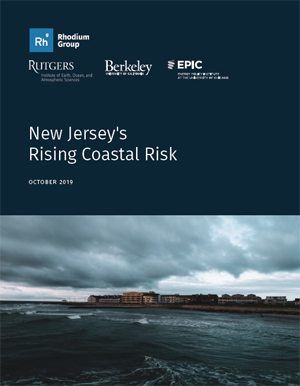
New Jersey's Rising Coastal Risk
FULL REPORT
October 2019
New Jersey’s coast plays a vital role in the state’s economy and its residents’ way of life. While these communities have a long history of weathering storms and flooding, sea-level rise and changes in hurricane activity create new risks. This report quantifies the impact of changes in both hazards over the past four decades on flood and wind exposure and expected damage at the individual county level, and explores how New Jersey coastal risk will evolve in the years ahead as the climate changes.
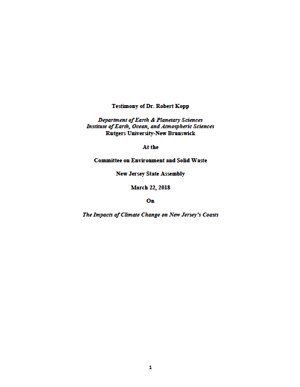
Testimony of Dr. Robert Kopp at the
Committee on Environment and Solid Waste, New Jersey State Assembly
THE IMPACTS OF CLIMATE CHANGE ON NEW JERSEY’S COASTS
March 22, 2018
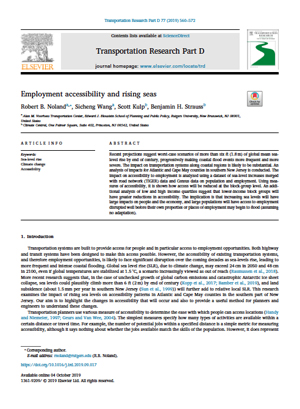
Employment Accessibility and Rising Seas
Transportation Research Part D: Transport and Environment
October 2019
Robert B. Noland, Sicheng Wang
Alan M. Voorhees Transportation Center, Edward J. Bloustein School of Planning and Public Policy, Rutgers University, New Brunswick, NJ
Scott Kulp, Benjamin H. Strauss
Climate Central, One Palmer Square, Suite 402, Princeton, NJ



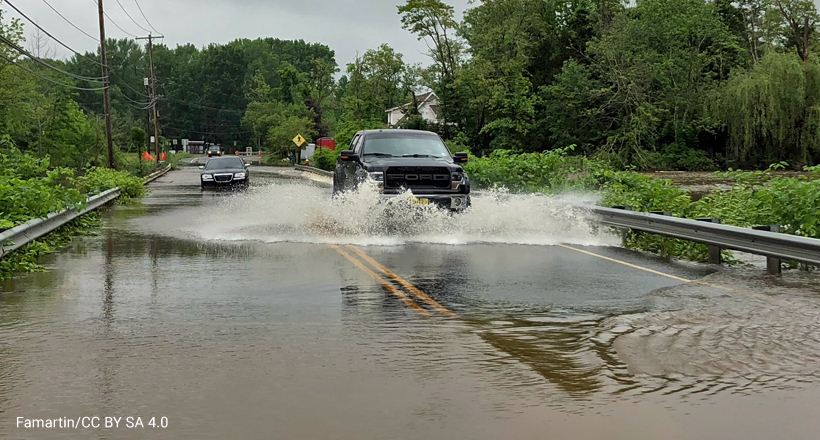
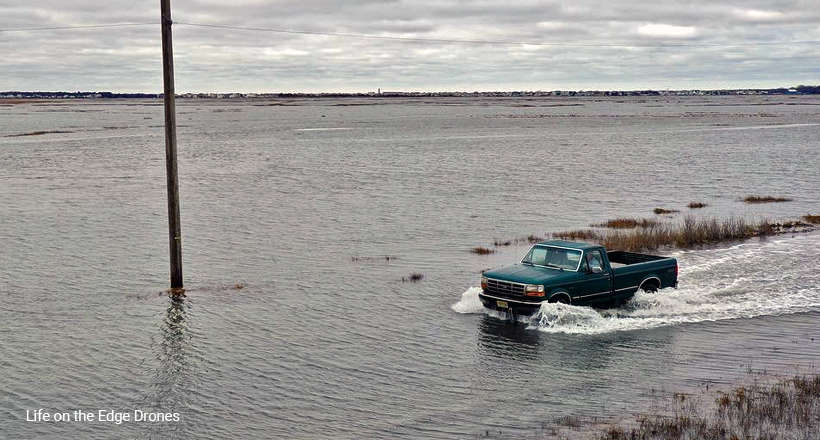


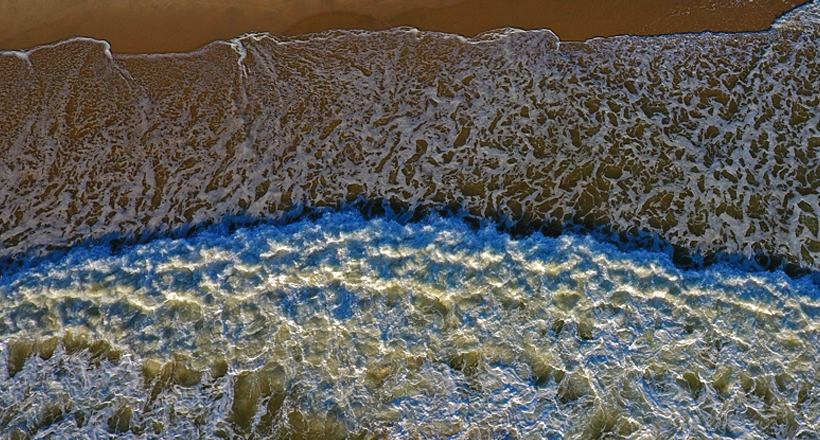

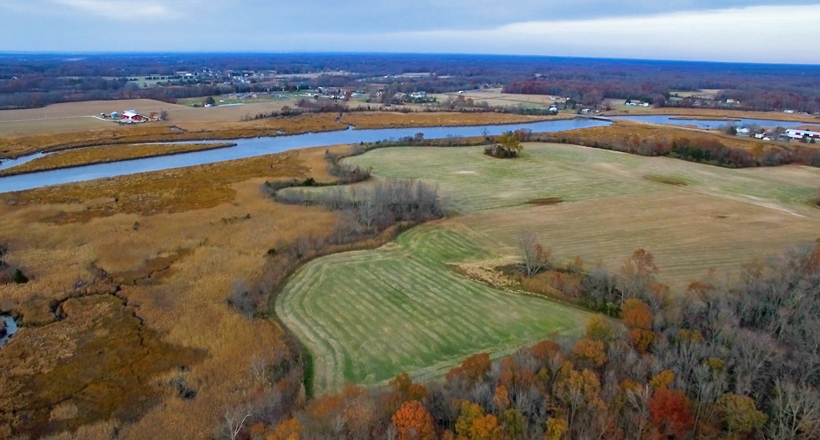

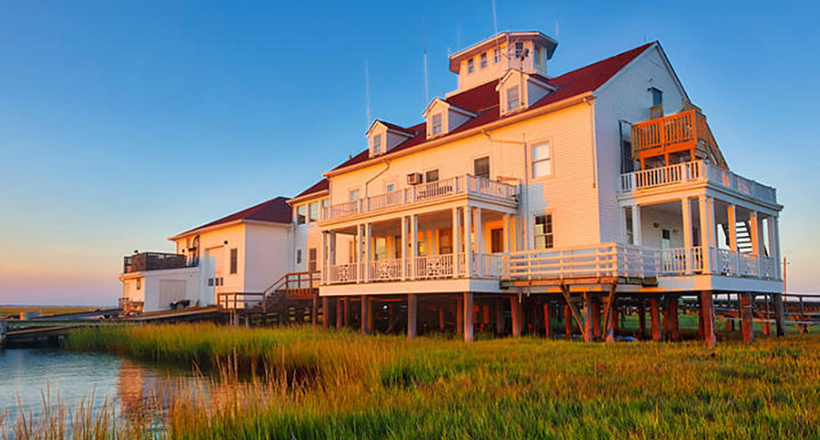


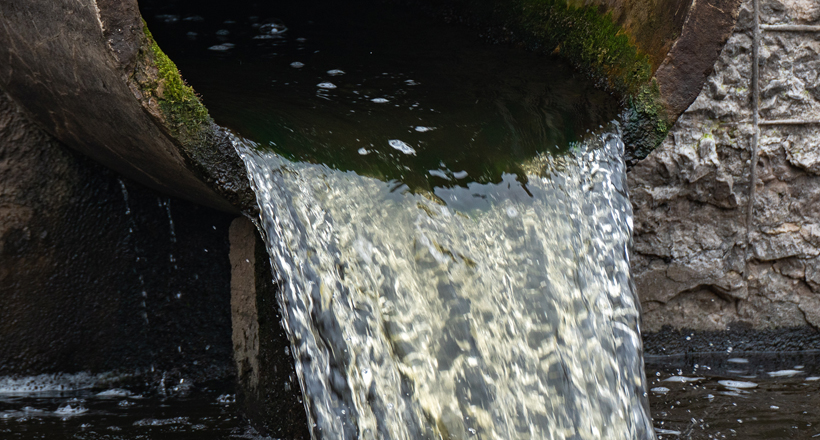
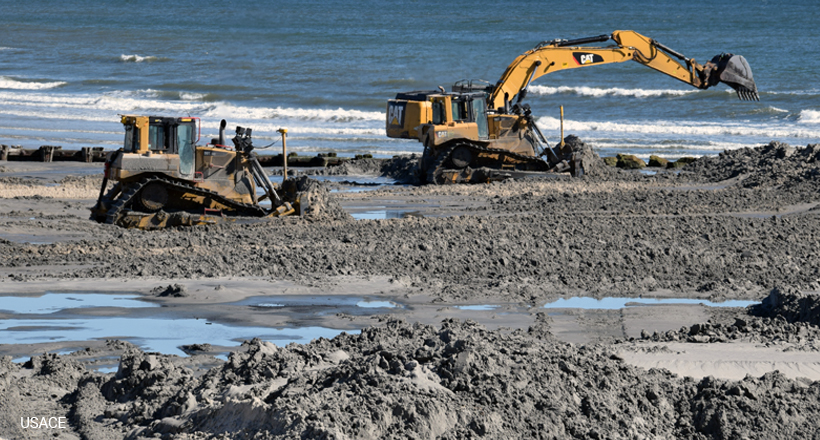
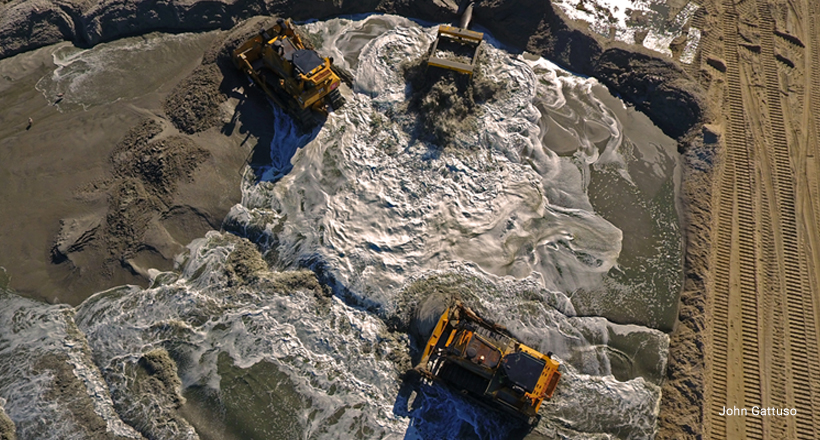
 Angel Alguera
Angel Alguera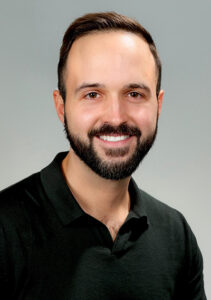 Daniel Gilkeson
Daniel Gilkeson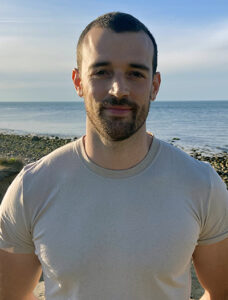 Benjamin Goldberg
Benjamin Goldberg Surya Jacob
Surya Jacob Vineesh Das Kodakkandathil
Vineesh Das Kodakkandathil Douglas Leung
Douglas Leung Nihar Mhatre
Nihar Mhatre Justin Morris
Justin Morris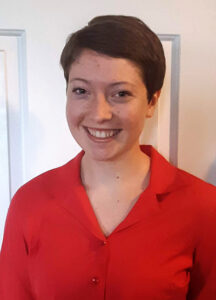 Josephine O’Grady
Josephine O’Grady Jessica Parineet
Jessica Parineet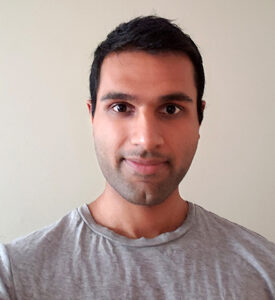 Dillan Patel
Dillan Patel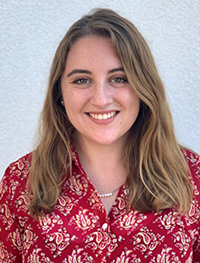 Moira Sweeder
Moira Sweeder